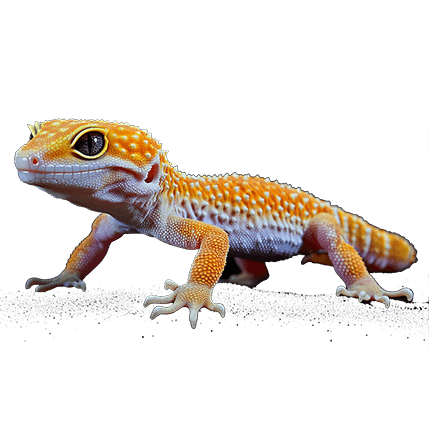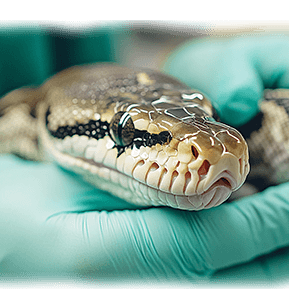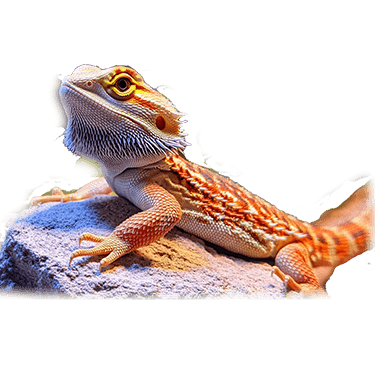Crested Gecko Health: A Complete Guide for Pet Owners
Crested Geckos are one of the most popular reptiles for pet owners due to their friendly nature, low maintenance, and unique appearance. However, like all pets, they require proper care to stay healthy. Understanding the common health issues that may affect your crested gecko and learning how to prevent or treat them is essential for maintaining their well-being.
Common Health Issues in Crested Geckos
While crested geckos are generally hardy reptiles, they can suffer from specific health issues. Being proactive about their care can help you prevent many of these problems.
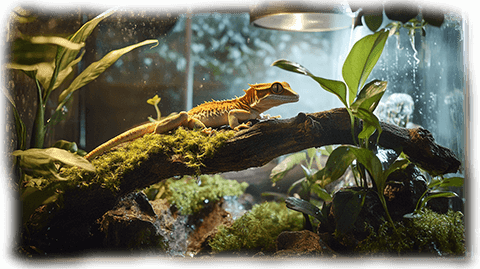
Metabolic Bone Disease (MBD)
Metabolic Bone Disease (MBD) is one of the most common health issues in crested geckos. It results from a lack of calcium and vitamin D3 in their diet, leading to weak bones, deformities, and even death if left untreated.
Prevention and Tips
- Provide a calcium-rich diet – Use calcium powder supplements with vitamin D3 (Amazon affiliate link), dusted on their food regularly.
- UVB lighting – While crested geckos don’t need UVB lighting like some other reptiles, a low-level UVB light can help with calcium absorption and prevent MBD. (Amazon affiliate link)
- Monitor their diet – Ensure they eat a balanced diet of commercial crested gecko food and insects, supplemented with calcium.
Shedding Problems
Crested geckos shed regularly, but improper humidity levels can cause stuck shed, particularly on their toes, which can lead to constriction and even loss of digits.
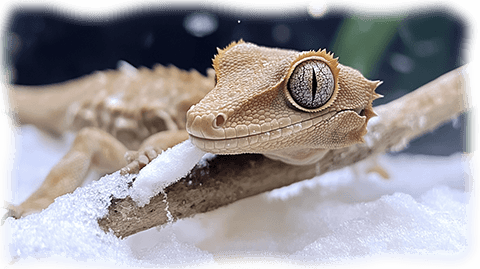
Prevention and Tips
- Maintain proper humidity levels – Keep humidity between 60-80% by misting the enclosure daily.
- Provide a humid hide – A moist hide made from damp sphagnum moss or paper towels will help your gecko shed properly.
- Check regularly – Keep an eye on their toes and other body parts for any signs of stuck shed, and use a damp cotton swab to help remove it if necessary.
Dehydration
Crested geckos are prone to dehydration, especially in low-humidity environments. Dehydration can lead to lethargy, weight loss, and shedding issues.
Prevention and Tips
- Ensure access to fresh water – Provide a shallow water dish in their enclosure and change it daily.
- Regular misting – Misting the enclosure daily will maintain the humidity they need to stay hydrated. (Amazon affiliate link)
- Watch for symptoms – Signs of dehydration include wrinkled skin, sunken eyes, and lethargy. If you notice these symptoms, try increasing humidity and offering water droplets from a spray bottle.
Parasites
Internal parasites like worms and external parasites like mites can cause significant health problems in crested geckos, including weight loss, lethargy, and skin irritation.
Prevention and Tips
- Quarantine new geckos – Always quarantine new reptiles for at least 30 days to prevent the spread of parasites.
- Maintain a clean enclosure – Clean your gecko’s habitat regularly, including removing uneaten food and feces.
- Consult a vet – If you suspect parasites, consult a reptile vet who can perform a fecal test and prescribe the appropriate treatment.
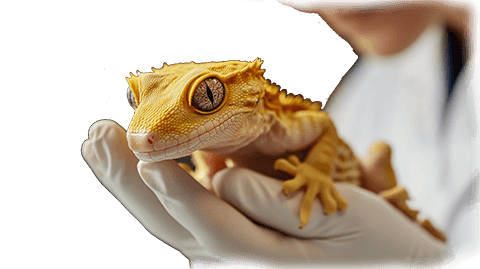
Impaction
Impaction occurs when your gecko ingests indigestible substrate material, such as loose sand or small gravel, which can block their digestive system.
Prevention and Tips
- Use a safe substrate (Amazon affiliate link) – Opt for eco-friendly materials like paper towels, reptile carpet, or coconut fiber rather than loose substrate.
- Feed appropriately-sized insects – Ensure that any insects fed to your gecko are no larger than the space between their eyes to prevent digestive blockages.
- Monitor their digestion – Watch for signs of constipation, bloating, or a lack of appetite, and consult a vet if needed.
Mouth Rot (Stomatitis)
Mouth rot is a bacterial infection that causes swelling, redness, or discharge around the mouth area. Left untreated, it can lead to severe complications.
Prevention and Tips
- Maintain proper enclosure hygiene – A clean, well-maintained environment helps prevent bacterial infections.
- Examine your gecko’s mouth – Look for early signs of mouth rot, such as drooling, swelling, or lack of appetite.
- Seek veterinary care – If you suspect mouth rot, take your gecko to the vet immediately for treatment, as it can worsen quickly.
Preventive Care for Crested Geckos
To keep your crested gecko healthy, regular preventive care is essential. Here’s what you should focus on:
Regular Health Checks
- Observe their behavior daily – Watch for any changes in their eating, activity level, or shedding.
- Check for physical abnormalities – Look for stuck shed, swelling, or any unusual bumps or lumps.
Maintain a Clean Environment
- Spot clean the enclosure daily – Remove waste and uneaten food regularly.
- Deep clean weekly – Clean the entire enclosure, disinfecting hides, plants, and other accessories.
Balanced Diet
- Commercial crested gecko food – Provide a high-quality powdered diet specifically made for crested geckos. (Amazon affiliate link)
- Insect supplementation – Offer gut-loaded crickets or mealworms once or twice a week, dusted with calcium powder.
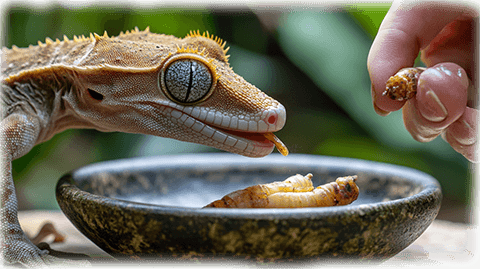
Optimal Enclosure Conditions
- Temperature and Humidity – Keep the enclosure between 72-78°F with a humidity level of 60-80%.
- Lighting – Although UVB lighting isn’t required, a low-level UVB light can support their health.
When to Visit the Vet
Crested geckos are good at hiding their discomfort, so it’s essential to recognize early signs of illness. If you notice any of the following symptoms, contact a reptile vet:
- Loss of appetite
- Lethargy or decreased activity
- Difficulty shedding or stuck shed
- Visible lumps or swelling
- Breathing difficulties or open-mouth breathing
- Changes in stool (diarrhea or lack of bowel movements)
Regular vet check-ups can also help prevent serious health issues and ensure your crested gecko stays healthy and happy.
Reading materials: “Everything you need to know about the Crested Gecko: Complete guide to better knowing and caring for your crested gecko” (Amazon affiliate link) by Adossa Thiago.
Affiliate Disclosure
This post may contain affiliate links, which means I earn from purchases made through links. Please see the privacy policy page for more details.

